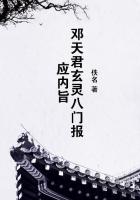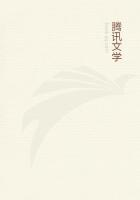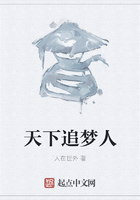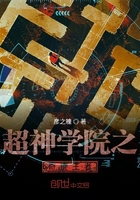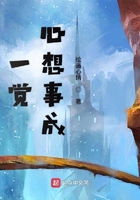The instrument for enforcing the law could be no other than public examinations, extending to all children, and beginning at an early age. An age might be fixed at which every child must be examined, to ascertain if he (or she) is able to read. If a child proves unable, the father, unless he has some sufficient ground of excuse, might be subjected to a moderate fine, to be worked out, if necessary, by his labour, and the child might be put to school at his expense. Once in every year the examination should be renewed, with a gradually extending range of subjects, so as to make the universal acquisition, and what is more, retention, of a certain minimum of general knowledge virtually compulsory. Beyond that minimum there should be voluntary examinations on all subjects, at which all who come up to a certain standard of proficiency might claim a certificate. To prevent the State from exercising, through these arrangements, an improper influence over opinion, the knowledge required for passing an examination (beyond the merely instrumental parts of knowledge, such as languages and their use) should, even in the higher classes of examinations, be confined to facts and positive science exclusively. The examinations on religion, politics, or other disputed topics, should not turn on the truth or falsehood of opinions, but on the matter of fact that such and such an opinion is held, on such grounds, by such authors, or schools, or churches.
Under this system, the rising generation would be no worse off in regard to all disputed truths than they are at present; they would be brought up either churchmen or dissenters as they now are, the State merely taking care that they should be instructed churchmen, or instructed dissenters. There would be nothing to hinder them from being taught religion, if their parents chose, at the same schools where they were taught other things. All attempts by the State to bias the conclusions of its citizens on disputed subjects are evil; but it may very properly offer to ascertain and certify that a person possesses the knowledge requisite to make his conclusions, on any given subject, worth attending to. A student of philosophy would be the better for being able to stand an examination both in Locke and in Kant, whichever of the two he takes up with, or even if with neither: and there is no reasonable objection to examining an atheist in the evidences of Christianity, provided he is not required to profess a belief in them. The examinations, however, in the higher branches of knowledge should, I conceive, be entirely voluntary. It would be giving too dangerous a power to governments were they allowed to exclude any one from professions, even from the profession of teacher, for alleged deficiency of qualifications: and Ithink, with Wilhelm von Humboldt, that degrees, or other public certificates of scientific or professional acquirements, should be given to all who present themselves for examination, and stand the test; but that such certificates should confer no advantage over competitors other than the weight which may be attached to their testimony by public opinion.
It is not in the matter of education only that misplaced notions of liberty prevent moral obligations on the part of parents from being recognised, and legal obligations from being imposed, where there are the strongest grounds for the former always, and in many cases for the latter also. The fact itself, of causing the existence of a human being, is one of the most responsible actions in the range of human life. To undertake this responsibility- to bestow a life which may be either a curse or a blessing- unless the being on whom it is to be bestowed will have at least the ordinary chances of a desirable existence, is a crime against that being. And in a country either over-peopled, or threatened with being so, to produce children, beyond a very small number, with the effect of reducing the reward of labour by their competition, is a serious offence against all who live by the remuneration of their labour. The laws which, in many countries on the Continent, forbid marriage unless the parties can show that they have the means of supporting a family, do not exceed the legitimate powers of the State: and whether such laws be expedient or not (a question mainly dependent on local circumstances and feelings), they are not objectionable as violations of liberty. Such laws are interferences of the State to prohibit a mischievous act- an act injurious to others, which ought to be a subject of reprobation, and social stigma, even when it is not deemed expedient to superadd legal punishment. Yet the current ideas of liberty, which bend so easily to real infringements of the ******* of the individual in things which concern only himself, would repel the attempt to put any restraint upon his inclinations when the consequence of their indulgence is a life or lives of wretchedness and depravity to the offspring, with manifold evils to those sufficiently within reach to be in any way affected by their actions. When we compare the strange respect of mankind for liberty, with their strange want of respect for it, we might imagine that a man had an indispensable right to do harm to others, and no right at all to please himself without giving pain to any one.
I have reserved for the last place a large class of questions respecting the limits of government interference, which, though closely connected with the subject of this Essay, do not, in strictness, belong to it. These are cases in which the reasons against interference do not turn upon the principle of liberty: the question is not about restraining the actions of individuals, but about helping them; it is asked whether the government should do, or cause to be done, something for their benefit, instead of leaving it to be done by themselves, individually or in voluntary combination.

